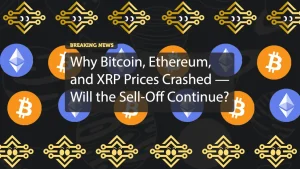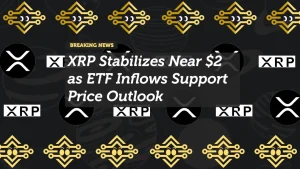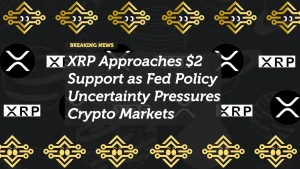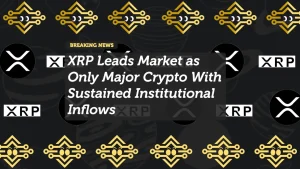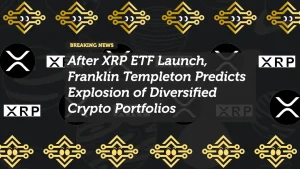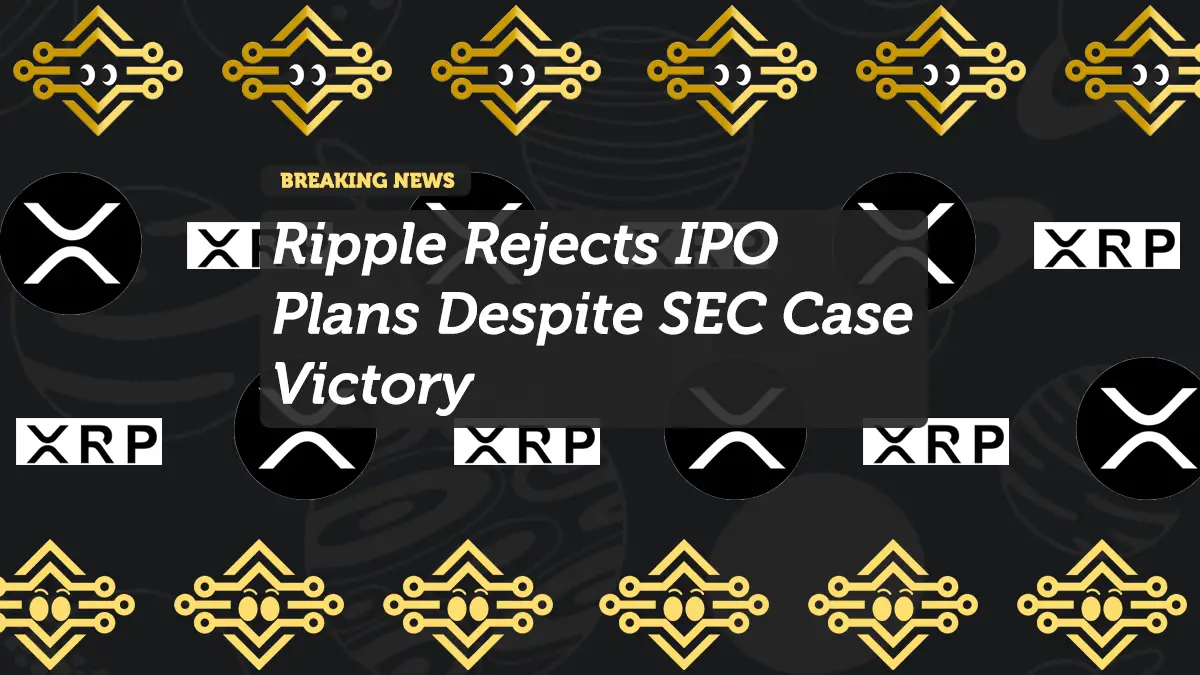
Ripple Rejects IPO Plans Despite SEC Case Victory
In a move that surprised much of the crypto industry, Ripple Labs has ruled out any immediate plans to go public, despite achieving a landmark partial victory in its long-running legal battle with the U.S. Securities and Exchange Commission (SEC).
Speaking during a recent fireside chat at the Singapore FinTech Festival, Ripple CEO Brad Garlinghouse said that an initial public offering (IPO) “doesn’t align with Ripple’s current strategic priorities,” emphasizing the company’s focus on product growth, global partnerships, and stablecoin integration.
Ripple’s SEC Victory Changed the Game — But Not Its Plans
Ripple’s courtroom win in 2024 marked a defining moment for the crypto industry. A U.S. federal judge ruled that XRP is not a security when sold on secondary markets, dealing a blow to the SEC’s broader regulatory approach to crypto assets.
The ruling not only boosted XRP’s legitimacy but also cleared a major roadblock for Ripple’s U.S. operations. However, despite improved legal clarity, the company has chosen not to follow through with its previously rumored IPO ambitions.
“We’ve seen a lot of speculation about Ripple going public,” Garlinghouse said.
“Right now, we’re more focused on building — not listing. The public markets don’t reward long-term innovation in the way the crypto industry does.”
Global Expansion Over Wall Street Listing
Instead of an IPO, Ripple is doubling down on international expansion. The company has ramped up its presence in Europe, the Middle East, and Asia-Pacific, where regulatory frameworks for digital assets are clearer and more supportive.
Ripple’s global payments network, RippleNet, has recently secured partnerships with several major financial institutions, including:
- A new corridor between Brazil and the UAE using XRP for liquidity.
- Integrations with African fintechs leveraging Ripple’s On-Demand Liquidity (ODL) system.
- A stablecoin pilot for institutional cross-border settlements.
The firm also announced the upcoming integration of tokenized real-world assets (RWAs) into its liquidity solutions — a move aimed at capturing the next wave of blockchain finance.
Why Ripple Isn’t Rushing to List
Analysts suggest Ripple’s decision reflects both market timing and strategic control.
While the company’s post-SEC momentum and profitability could support a strong IPO, the volatile macro environment and uncertainty in U.S. crypto regulation make a public listing risky.
Moreover, going public could mean stricter reporting obligations and less operational flexibility — something Ripple appears eager to avoid for now.
“An IPO would make Ripple beholden to quarterly earnings calls and shareholder expectations,” said crypto market strategist Clara Evans.
“Right now, the company wants to focus on ecosystem expansion without Wall Street distractions.”
Ripple’s Financial Strength and XRP Outlook
Ripple remains one of the most financially robust companies in the blockchain space. It holds over $20 billion in XRP reserves, alongside a strong balance sheet driven by ODL and enterprise licensing revenue.
XRP itself continues to rank among the top 10 cryptocurrencies, trading around $2.80, with a market capitalization above $160 billion. Despite the recent market correction, traders see long-term upside if Ripple continues to scale global use cases.
The Road Ahead: Focus on Utility, Not Listings
Ripple’s decision to postpone IPO plans underscores its commitment to utility over hype.
While going public might have been a milestone victory lap after the SEC case, the company’s leadership appears intent on proving that real adoption and sustainable revenue matter more than market optics.
For now, Ripple’s message is clear:
“We’re not chasing a listing. We’re building the future of finance.”











